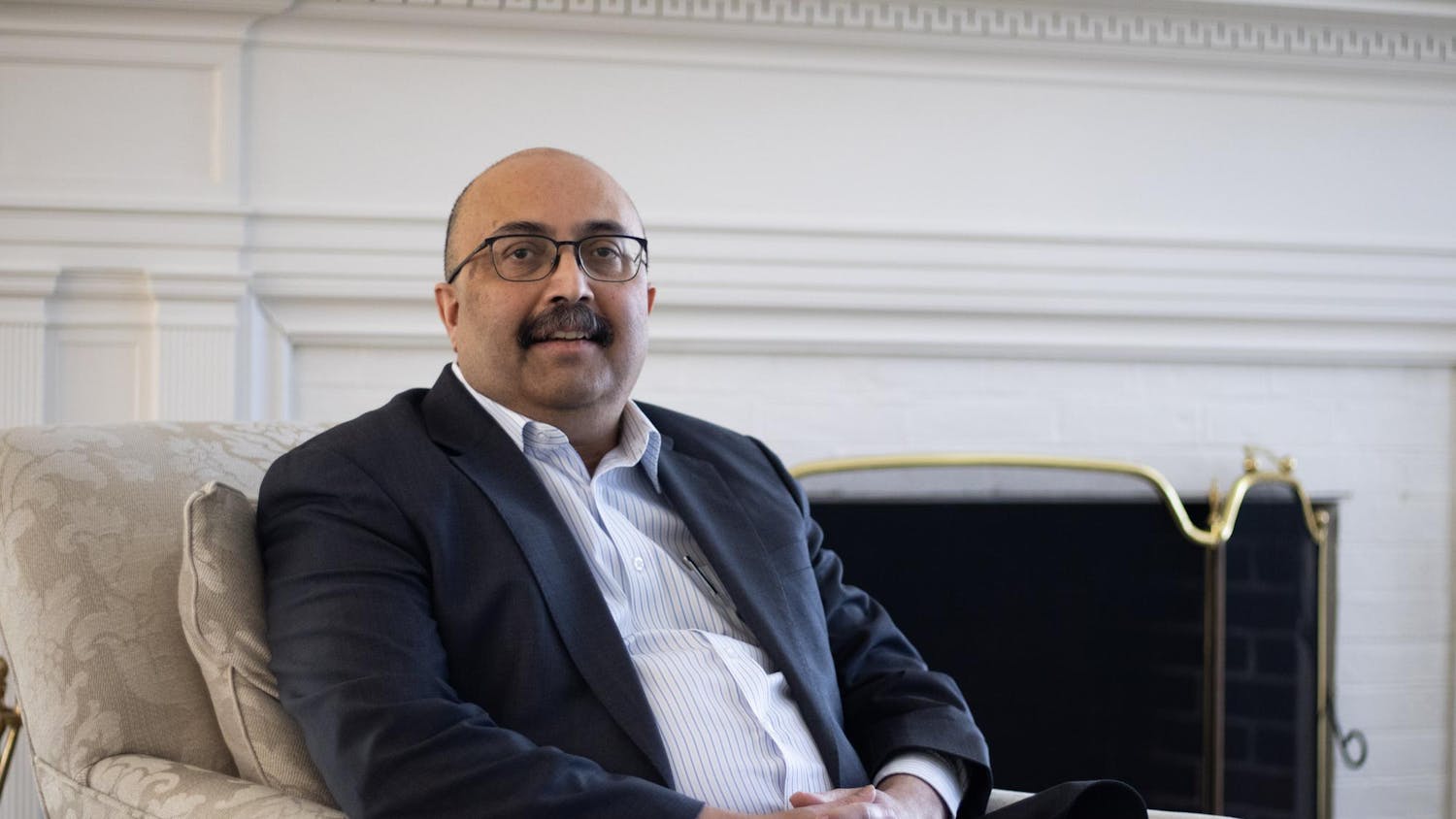Tufts revised its policies this summer regarding sexual misconduct in an effort to preserve standards that would have been limited by new federal Title IX regulations. The revision of the Title IX Policy and Sexual Misconduct Policy follows federal requirements that all U.S. universities that receive government funding alter their policies concerning sexual misconduct.
The changes to the federal Title IX laws were released by the Office for Civil Rights (OCR) within the U.S. Department of Education in May, while most U.S. universities were operating remotely due to the COVID-19 pandemic.
Activists and administrators had been anticipating the changes since Secretary of Education Betsy Devos released a proposal for changes to Title IX in late 2018.The federal Title IX policy required universities to revise their policies by Aug. 14, 2020.
Notably, the federal policy limits universities’ ability to address misconduct that occurs off campus, outside the U.S. and involving non-university affiliates. It also narrows the definition of sexual harassment, requiring that incidents of harassment be “severe, pervasive, and objectively offensive.”
“When the new regulations came down, we've tried to see — what do we have that we can still keep? Where do they give us some wiggle room and we can still get closer to what we want versus what they're going to make us do? And what do we have no control over and we have to do?” Alexandra Donovan, the director of the Center for Awareness, Resources, and Education (CARE) at Tufts, said.
The revised Tufts Sexual Misconduct Policy retains many of the Title IX standards prior to Devos’ revisions, including protections regarding off-campus incidents and a broader definition of harassment.
“We wanted to keep those ‘house rules’ in order to retain jurisdiction over cases the new OCR regulations say we no longer have to investigate and to maintain the levels of conduct our communities expect,” Jill Zellmer, executive director of the Office of Equal Opportunity (OEO) and a Title IX coordinator, wrote in an email to the Daily.
One component of the new Title IX policy is the Sexual Misconduct Adjudication Process with Direct Cross-Examination (SMAP-X), a university regulation, which is applied for “formal complaints filed against Tufts University students, faculty, staff, third parties and other community members alleging any violation of the Title IX Policy.” SMAP-X requires both the complainant and the respondent to submit to a live and recorded cross-examination.
Marley Hillman, a campus activist, strongly criticized the use of cross-examination in situations involving sexual harassment and sexual violence, indicating that there is an unequal power dynamic between survivors and perpetrators of sexual misconduct. They indicated that the process requires survivors to submit to cross-examination by a friend or family member of their perpetrator, which can allow the respondent to withhold their testimony.
"I acknowledge that the university is required to implement the changes in the new law. I know that the Title IX rule drop includes requirements for live hearings and real-time cross-examination. I understand that Tufts had to create that SMAP-X in order to comply with that new law. It's still bad,” they said.
Hillman has worked with Know Your IX, a national organization dedicated to ending sexual violence in high schools and colleges. On its website, Know Your IX criticizes the cross-examination process and predicts it will “greatly increase the risk of re-traumatization” for survivors.
Complaints that allege a violation of the Sexual Misconduct Policy but do not meet the requirements for the Title IX policy will be addressed through the OEO’s Sexual Misconduct Adjudication Process, which does not require cross-examination.
When the new federal Title IX regulations were released in May, students circulated a petition created by senior Nina Benites asking that University President Anthony Monaco respond to and condemn the OCR’s new regulations. The petition specifically pointed to “the narrowed definition of sexual harassment, diminished scope of Title IX’s reach ... the implementation of live hearings, and the increased standard of proof” as issues with the new policy.
Monaco sent an email to the Tufts community the next day, saying that university administrators were “deeply disappointed and concerned” by the Title IX changes under DeVos: “The regulations create new definitions, processes, and procedures that could reverse years of progress.”
The email promised that the federal Title IX policies would be addressed and discussed by the university's Sexual Misconduct Steering Committee, a group of administrators, faculty, staff and students that was created in 2016, and that built on the work of a previously established task force. The committee meets to discuss both the formal and informal processes that Tufts has in place to prevent and address sexual misconduct in its community.
The university and OEO also have informal processes available to survivors of sexual misconduct, including housing and schedule changes, and support resources through OEO and the CARE office.
Donovan, who is a part of the CARE office, strongly criticized the federal Title IX changes, but said that the combination of the informal processes with the rewritten Tufts policies makes “the best of a bad decision.”
“There's not a lot of great options here,” Donovan said of DeVos’ policies. “So we were making the best of what we were given."






